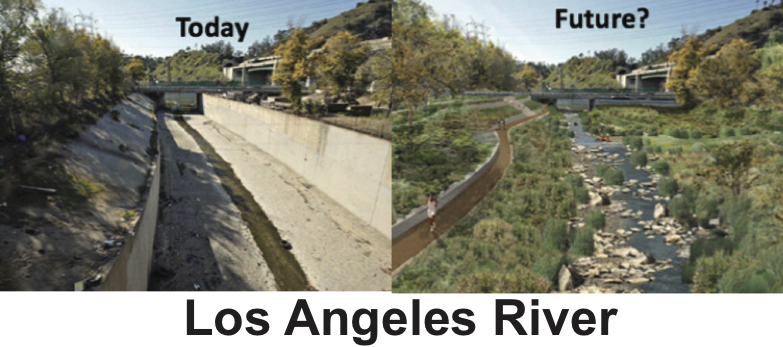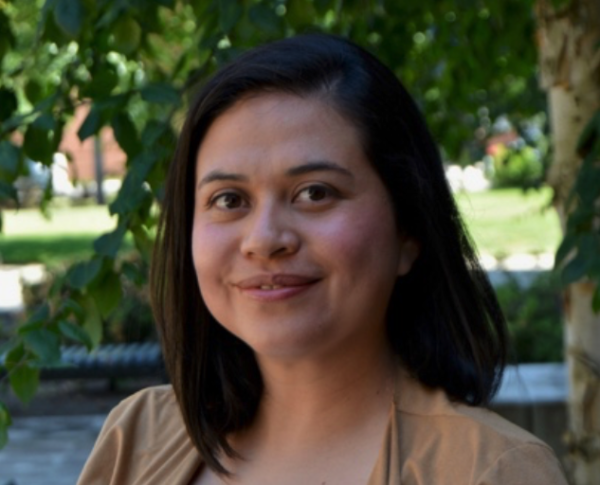Soil Microbial Community Composition and Tolerance to Contaminants in an Urban Brownfield Site
Published Work | 2022 | Microbial Ecology
permalink
Research Project | 2020

Awardee: Maura Palacios
Department: Ecology and Evolutionary Biology
Bio: Maura Palacios Mejia is a Howard Hughes Medical Institute Postdoctoral Scholar in the Wayne Lab at UCLA. Her research focuses on applying environmental DNA (eDNA) to address issues in conservation management and urban planning. Her projects use eDNA to assess species assemblages in the Mojave Desert Springs, a threatened ecosystem and to explore microbial community changes in relation to hazardous materials at Brownfield sites throughout Southern California, for potential bioremediation practices. Maura also uses eDNA as a tool for education and outreach; teaching EEB 87, California’s DNA: A Field Course and running the CALeDNA Summer Research Internship and Institute programs.
Project Summary: Urban planning considers the loss of open space, biodiversity, and pollution, as well as the demand of a growing populations in cities. Vacant Brownfields are properties with the presence of hazardous substances, pollutants, or contaminants that if remediated can be critical to urban revitalization. This study applies eDNA metabarcoding to soil samples from The Bowtie Parcel Brownfield adjacent to the L.A. River to explore biological community changes in relation to contaminants. This study will contribute to the redevelopment plan of The Bowtie Parcel, potentially generate a low-cost microbial bioremediation alternative, and incorporate a new tool for the assessment of Brownfields.
Related Publications
Published Work | 2022 | Microbial Ecology
permalink